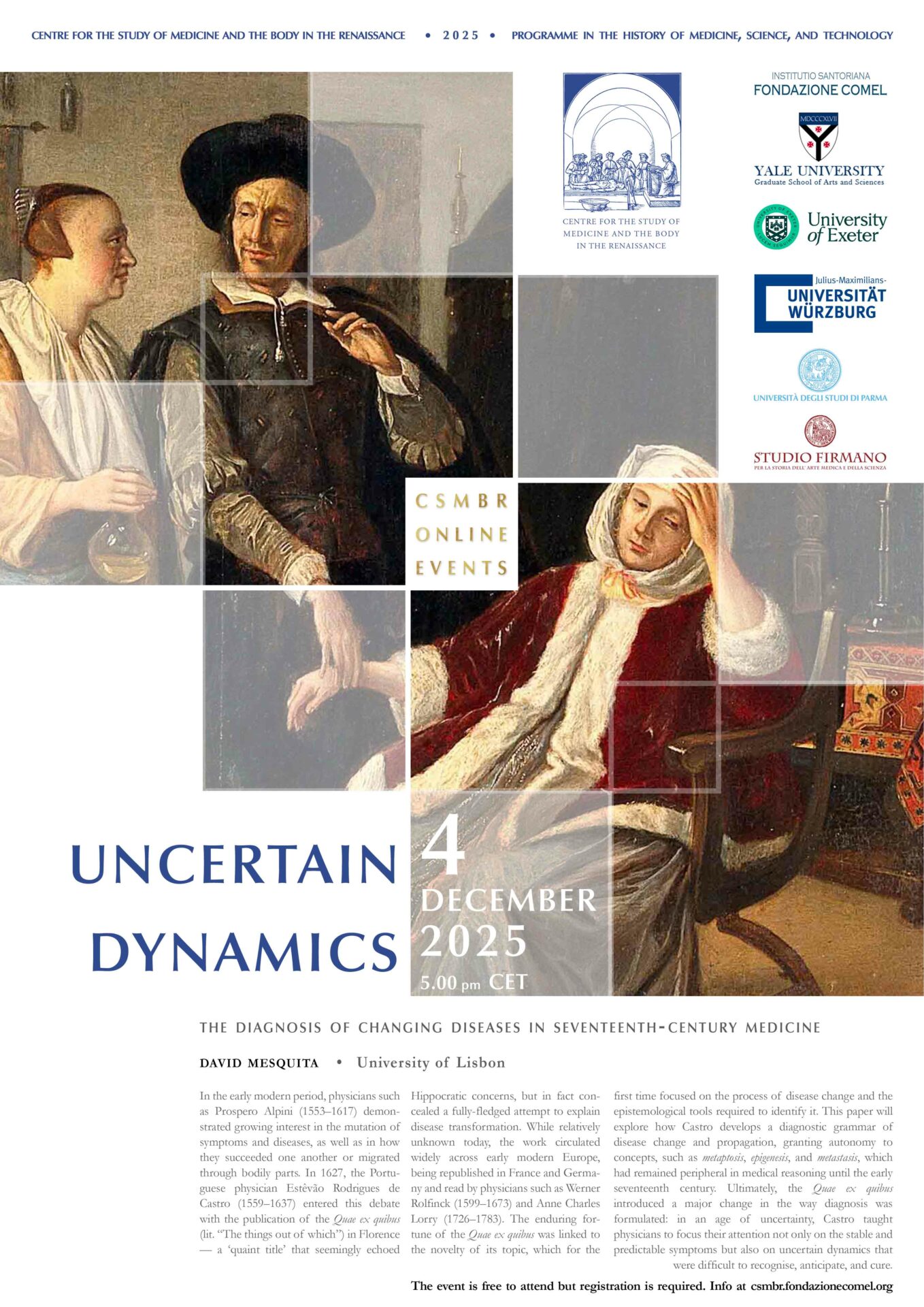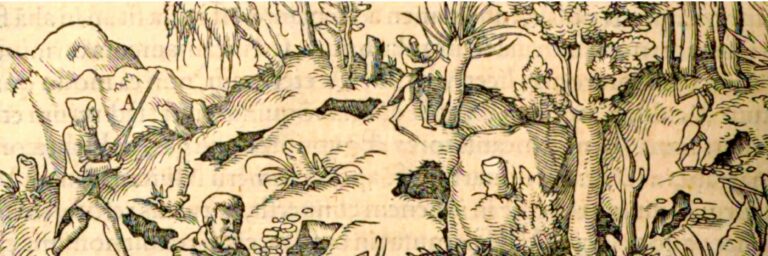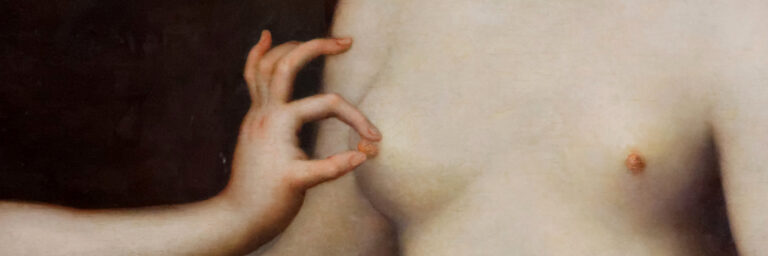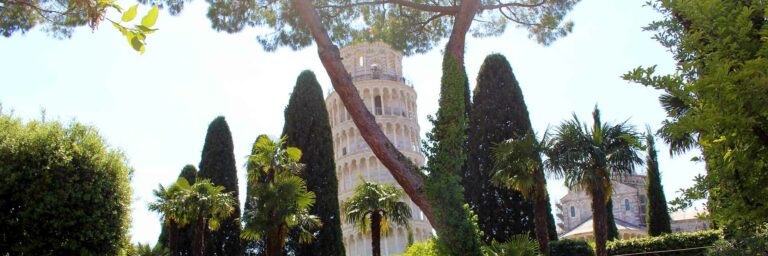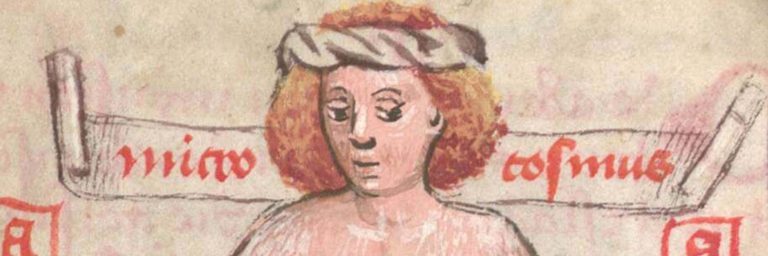The Diagnosis of Changing Diseases
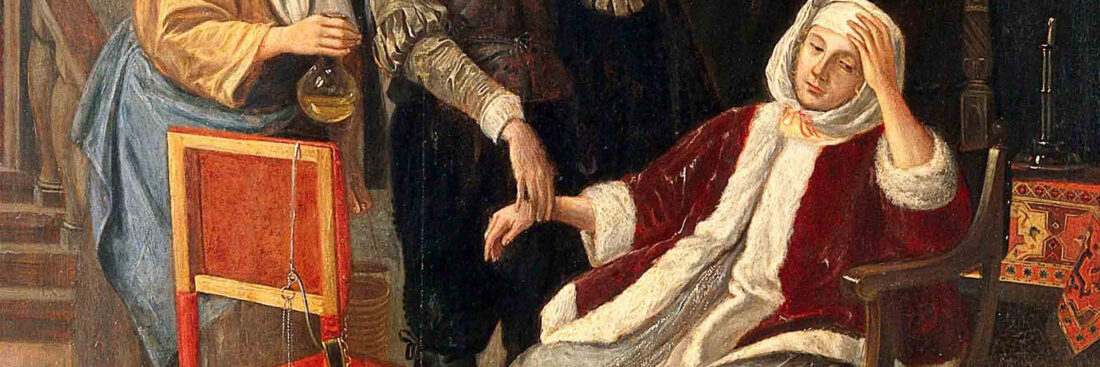
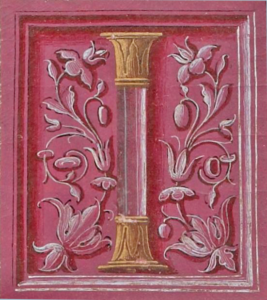
Uncertain Dynamics
The Diagnosis of Changing Diseases in Seventeenth-Century Medicine
David Mesquita
4 December 2025 – 5 PM (CET)
In the early modern period, physicians such as Prospero Alpini (1553–1617) demonstrated growing interest in the mutation of symptoms and diseases, as well as in how they succeeded one another or migrated through bodily parts.
In 1627, the Portuguese physician Estêvão Rodrigues de Castro (1559–1637) entered this debate with the publication of the Quae ex quibus (lit. “The things out of which”) in Florence, a ‘quaint title’ that seemingly echoed Hippocratic concerns, but in fact concealed a fully-fledged attempt to explain disease transformation.
While relatively unknown today, the work circulated widely across early modern Europe, being republished in France and Germany and read by physicians such as Werner Rolfinck (1599–1673) and Anne Charles Lorry (1726–1783).
The enduring fortune of the Quae ex quibus was linked to the novelty of its topic, which for the first time focused on the process of disease change and the epistemological tools required to identify it.
This paper will explore how Castro develops a diagnostic grammar of disease change and propagation, granting autonomy to concepts, such as metaptosis (“disease replacement”), epigenesis (“pathological propagation”), and metastasis (“humoral migration”), which had remained peripheral in medical reasoning until the early seventeenth century. In doing so, Castro predates similar inquiries by later authors, especially Giorgio Baglivi (1668–1707).
Ultimately, the Quae ex quibus introduced a major change in the way diagnosis was formulated: in an age of uncertainty, Castro taught physicians to focus their attention not only on the stable and predictable symptoms, traditionally taught in the schools, but also on uncertain dynamics that were difficult to recognise, anticipate, and cure.
About the Speaker ...
David Miguel Soares Mesquita is a PhD Candidate at the Centre for Classical Studies of the University of Lisbon.
In 2025–2026, David will be a Fulbright fellow at Indiana University Bloomington, studying with Professor William Royal Newman, and a Doan Fellow at the Science History Institute in Philadelphia, USA. He holds a BA in Classical Studies from the University of Lisbon (2018) and a double MA in Classical Studies and Italian Studies from the Universities of Lisbon and Bologna (2021). Along with Fabrizio Bigotti and Anna Gili, he is co-editing a volume on the history of medicine in honour of Professor Giuseppe Ongaro to be published in the journal Sudhoffs Archiv.



